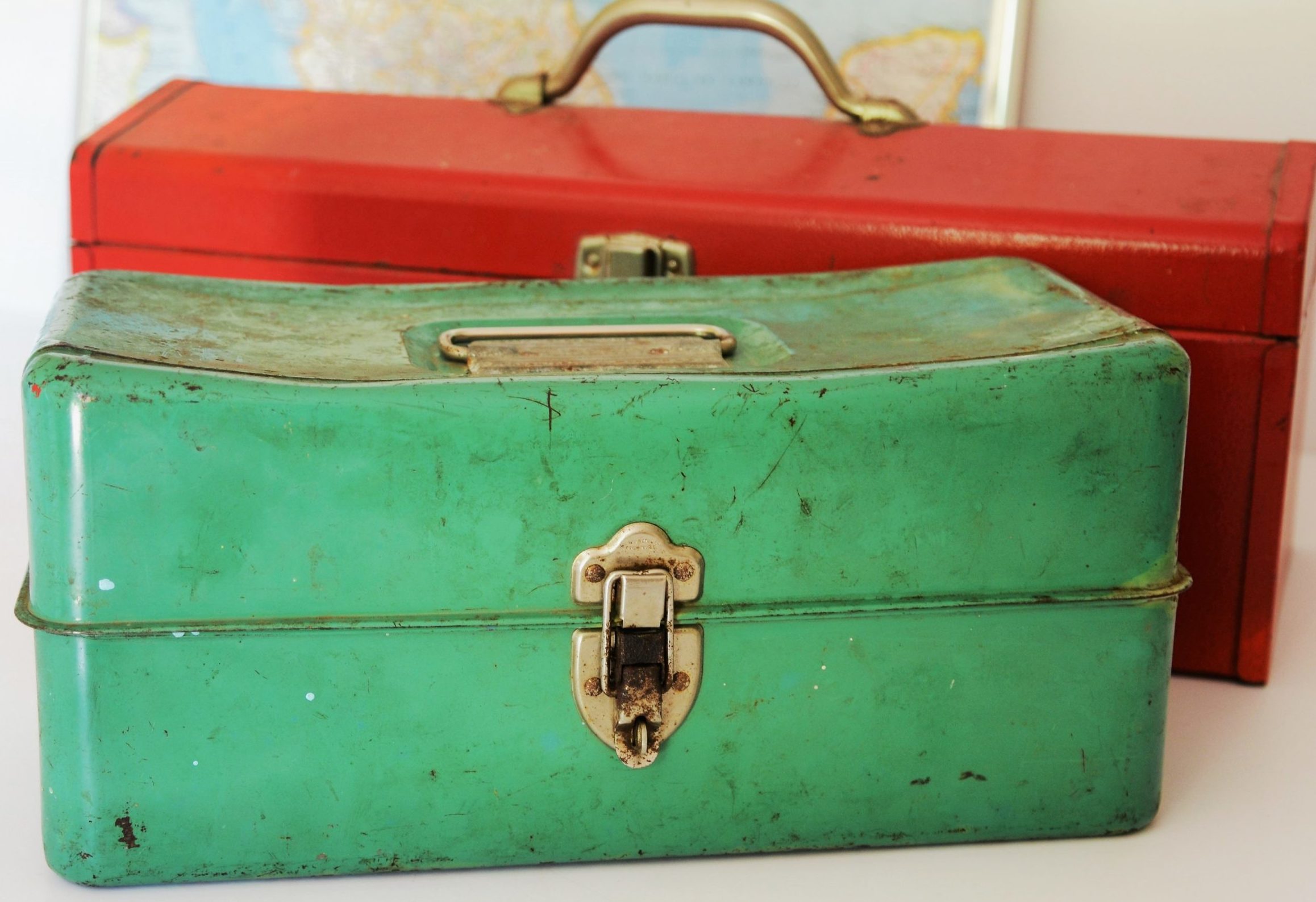Having anxiety during a time of crisis is an appropriate response. Often we focus on all the negative aspects of anxiety, but we sometimes forget that it is a useful and appropriate reaction to outside stimulus. Our anxiety can bring focus to the things we need to get done: stocking a pantry, meeting a work deadline, or running faster in a game. However, living in a heightened state of anxiety over a long period of time can have a detrimental effect on us both physically and emotionally and will begin to outweigh the shorter-term benefits of anxiety. So, even though we are living through a pandemic in which our anxiety will help us be prepared and keep ourselves and our families safe, it’s important to build a toolkit that can help manage our new level of anxiety.
Here are some tools I am finding useful during this very stressful time:
Question your Anxiety and Worries
While there is so much to worry about right now, there is a fine line between healthy anxiety and obsessive thinking. For me, when I have a hard time being present in the current moment, it usually has to do with my worrying being in overdrive. So here are a few questions I ask myself to help manage what really needs my attention and what I need to let go.
- Is there actually something I can do about the problem that’s causing me worry? Oftentimes I am worried about the future outcomes of something over which I have no control like: Will my parents get sick? Will my child’s school re-open? These are examples of future worries that can take up a lot of space in my head, but on whose outcome I can have no impact.
- Can an action be taken right now to address my worry and is the action appropriate? If I am worrying about other people’s lives, sometimes there isn’t really anything that can be done until the future becomes present. And often, when we take steps to try to help manage something that affects someone else’s life, we end up stepping on other people’s boundaries.
- Can I make some tentative game plans to address worries? For example: “What doctor would I call if I or a loved one got sick?” or “What hospital would I go to if I needed care?” Right now, I find that answering these questions by making lists has helped me manage my worries — lists of what we need from the store, lists of activities that my kids can do without me so I can get my work done, lists of people to reach out to during this time.
Worry Boxes and Letting Go
If I have already done something constructive to address an issue, now might be time to put the worry down. Sometimes worrying feels good because it can feel like we are doing something. Here are some tricks I have found useful for letting go of the worries that can’t be fixed with a list or constructive action:
-
- Write the worry on a post it note and then stick it in a drawer — I know it’s still there, but I don’t have to focus on it right now.
- My daughter uses an old shoe box and calls it a “worry box.” Before bed, she can write down her worries and put her worries in the box to help let go of them.
- Some friends write down worries on a piece of paper and put it in a special place, like a beloved jewelry box, in order to let it go. It’s often in naming, acknowledging and deciding to let an issue go that helps release the power a worry has over us.
Feeling our Disappointment and our Gratitude
Right now, a lot of things really stink but on the other side of that, I think it’s important to find gratitude, if at all possible. Ever since my kids were young, we have started our dinner with telling each other one thing we are grateful for. Sometimes it’s through gritted teeth, but lately, during this challenging time, it’s been a real reminder of our daily triumphs. When our city is getting hammered by Covid-19, we can actually see and acknowledge some of the good in our situation. After 9/11, I had a daily practice of writing five things I was grateful for each day and over time, it helped me see a fuller picture of my life. For example, today, I am grateful for: the blue sky, my health, my computer, my kids being old enough to clean dishes and healthcare workers.
One last suggestion: think about other uncertain times that you have faced in your life and try to remember the tools and strategies that helped you back then. Was it regular exercise? Long phone calls with friends? Crossword puzzles? Share with us what’s working for you (besides chocolate and alcohol) so we can help share it with others.
You can subscribe to the Dynamo Girl Newsletter here.







